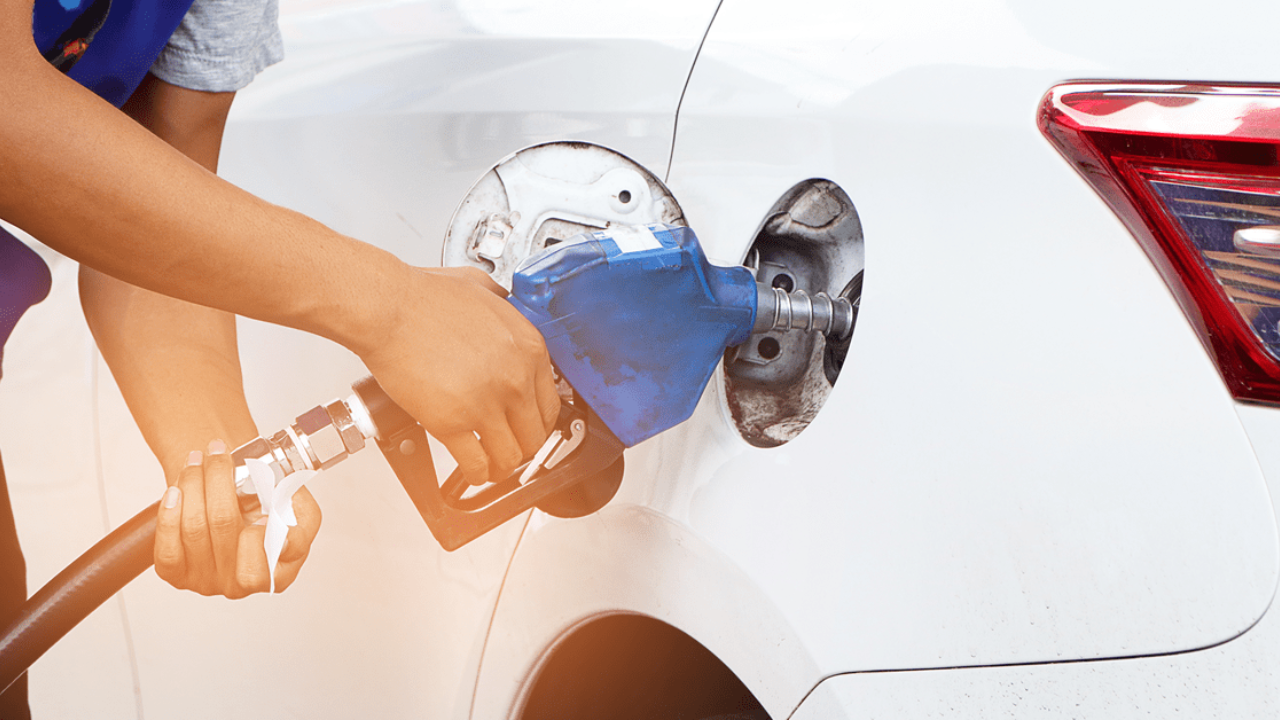With fuel prices often on the rise, saving on gas has become a necessity for many drivers. In addition to easing the budget, reducing fuel consumption also contributes to reducing the carbon footprint, in line with more sustainable practices. There are several ways to save gas ranging from proper vehicle maintenance to efficient driving techniques. Here are some practical tips that can help you significantly reduce your fuel consumption and, consequently, your gasoline costs.
1. Keep the Vehicle Well Tuned
A well-maintained car operates more efficiently. Performing regular vehicle maintenance, including changing the oil, checking the spark plugs, cleaning or replacing air filters, and servicing the ignition system, can significantly improve fuel efficiency. Vehicles with poorly tuned engines can consume up to 30% more fuel.
2. Check Tire Pressure
Inadequately inflated tires are not only dangerous, but also increase fuel consumption. Regularly checking tire pressure and adjusting them according to the vehicle manufacturer's specifications can reduce fuel consumption by up to 3%. Well-inflated tires also last longer, offering double savings.
3. Avoid Excessive Weight
The extra weight demands more from the engine, increasing fuel consumption. Remove unnecessary items from the car that may be adding weight. Also, avoid using the trunk as a permanent storage location. Every additional 45 kg added to the vehicle can reduce fuel economy by around 1%.
4. Optimize the Use of Air Conditioning
Excessive use of air conditioning can increase fuel consumption. Use air conditioning sparingly, especially at lower speeds. At higher speeds, using air conditioning is more efficient than driving with the windows open, which increases air resistance.
5. Adopt Economical Driving Techniques
Sudden acceleration and braking use more fuel. Driving smoothly, accelerating gradually and decelerating over time, can reduce fuel consumption. Furthermore, maintaining a constant speed, using cruise control on highways, also helps to save gasoline.
6. Plan Your Trips
Avoiding traffic jams is an effective way to save fuel. Use traffic apps to plan the best time to travel and avoid congested routes. Also, try to combine multiple errands into a single trip to avoid unnecessary travel.
7. Use High Quality Fuels
Although they may be more expensive, high-quality fuels can help keep your engine clean and efficient, extending engine life and improving fuel economy. Additive fuels generally offer better performance and greater efficiency.
8. Consider Solo Car Alternatives
Whenever possible, consider alternatives such as carpooling, public transport or cycling. These options not only save gas, they are also better for the environment. For longer or group trips, car sharing can significantly reduce fuel costs.
9. Monitor Your Fuel Consumption
Keeping a record of your fuel consumption can help you identify usage and efficiency patterns. Many modern vehicles have monitoring systems that make this task easier. Using this information can help you adjust your driving habits for better fuel economy.


